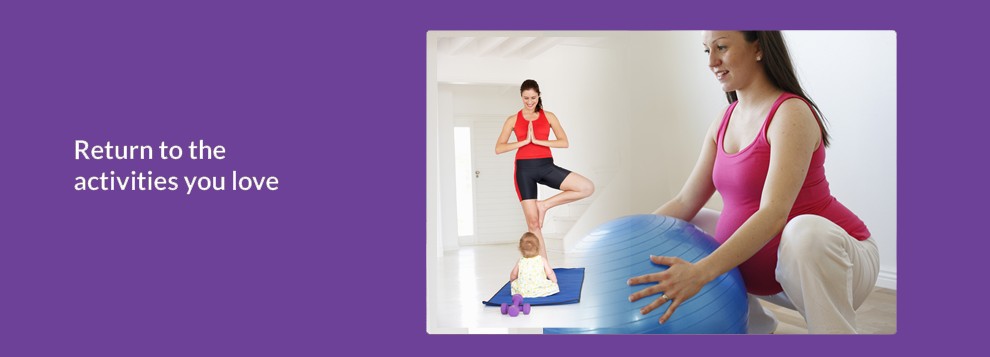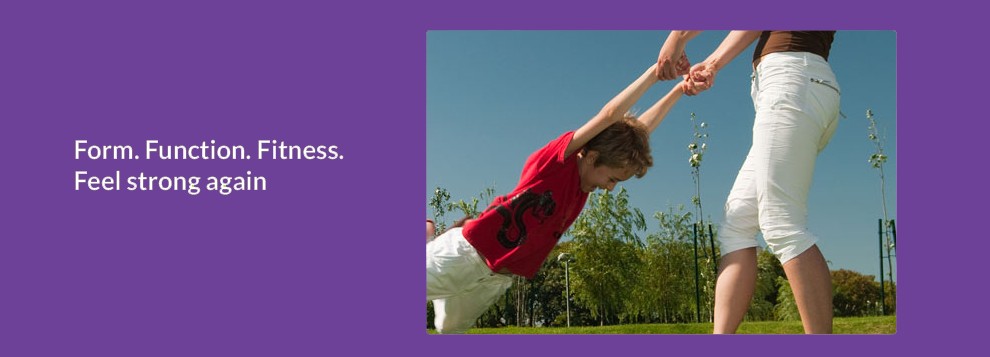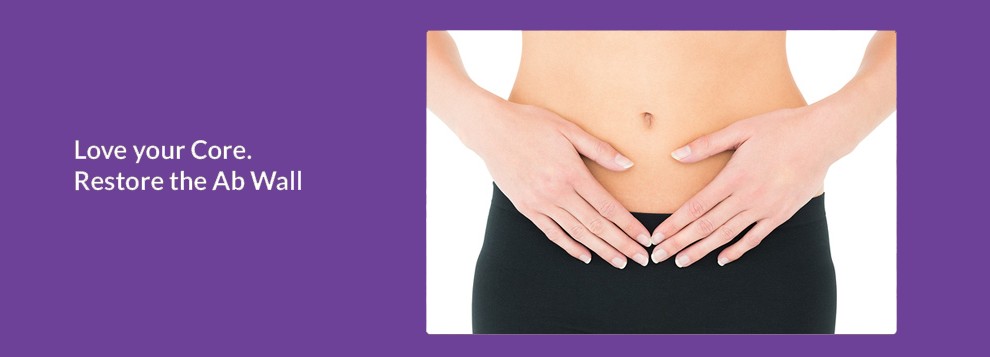Physiotherapy in Toronto for Hand
Carpal tunnel syndrome (CTS) is a common problem affecting the thumb, hand, and wrist. Symptoms begin when the median nerve gets squeezed inside the carpal tunnel of the wrist. The result is a medical condition known as nerve entrapment or compressive neuropathy. Any condition that decreases the size of the carpal tunnel or enlarges the tissues inside the tunnel can produce the symptoms of CTS. This includes diabetes, kidney failure, rheumatoid arthritis, pregnancy, thyroid disease, and many others.
The main symptoms of carpal tunnel syndrome are wrist and hand pain, finger and hand numbness, tingling, weakness/clumsiness, and nighttime pain. Since the median nerve supplies the thumb, index, middle, and half the ring finger, these are the areas affected most often. Conservative (nonoperative) care can be effective in reducing symptoms and limiting disability. Splints (especially used at night) seem to help. Nerve and tendon gliding exercises can also make a difference.
Some medications are used to reduce inflammation and swelling. Steroid injections given locally into the carpal tunnel have been proven helpful in the short-term, but don't seem to have much long-term effect. Oral steroids are better than nonsteroidal antiinflammatory drugs, but they have some negative side effects. Since there are some adverse effects from steroids, acupuncture is getting a second look as a possible treatment technique.
In this study, the use of acupuncture for mild-to-moderate carpal tunnel syndrome was compared with oral steroid use. Patients were tested with nerve conduction tests to confirm that they really did have a true nerve entrapment causing their symptoms. They were then placed randomly in one of two treatment groups.
The first group received four weeks of daily steroid treatments. The first two weeks were with 20 mg of prednisolone followed by two more weeks with a reduced dosage (10 mg daily). The steroids were administered orally (pill form), which has been shown to be more effective than local steroid injections or oral nonsteroidal antiinflammatory medications. The second group received acupuncture twice a week for four weeks. Everyone was followed for four weeks after treatment with the intention of seeing what were the short-term effects of these two treatments.
Measures used to compare the results of treatment included before and after (individual) ratings of the five major categories of symptoms. When combined together, these ratings form the global symptom score (GSS). The before and after treatment GSS was also analyzed and compared between the two groups. Nerve conduction tests were repeated at the end of four weeks. These tests show how well the median nerve is firing to send motor messages to the muscles controlled by the median nerve.
The results showed that acupuncture is as effective and safe as oral steroids for short-term relief of mild-to-moderate carpal tunnel syndrome. That's good news for anyone looking to avoid adverse side effects of either steroids and/or surgery. All ages from 18 to 55 were included without any apparent age-based differences.
There are adverse side effects associated with either type of treatment. Needles used in acupuncture can cause local pain, bleeding, and numbness and leave bruising of the skin. Oral steroids can also cause nausea, epigastric pain (lower chest/upper abdominal area), leg edema (swelling), increased blood sugar, and difficulty regulating blood sugar.
The global symptom score (GSS) improved for all patients in both groups. The biggest difference was in night pain awakening the patient. The acupuncture group had much better improvement in this symptom compared with the steroid group. Motor function seemed to improve faster in the acupuncture group as well.
The authors conclude that acupuncture treatment for confirmed mild-to-moderate carpal tunnel syndrome is safe and effective with few side effects. Compared with oral steroids, acupuncture had slightly better results.
The one major disadvantage of acupuncture is that it is time-consuming. It requires the skill of an experienced acupuncturist spending 30 minutes per session with each patient over a number of weeks. Taking an oral steroid just requires the patient to pop a pill in the mouth every day. However, compared to five per cent of the acupuncture patients who had any side effects of treatment, there was an 18 per cent complication rate for the oral steroid group.
No one is quite sure how or why acupuncture works. Studies show that there are both central (brain) changes and peripheral (nerve) effects of acupuncture that may explain the results. Stimulating acupuncture points may release antiinflammatory agents into the bloodstream. Stimulating one particular point (Neiguan) is known to help with sleep problems. That may be why acupuncture helps reduce night pain. More study is needed to understand how and why acupuncture works for carpal tunnel syndrome.
The next question is whether or not there are significant long-term differences. If the beneficial effects of acupuncture last much longer than oral steroids, then maybe the extra time in treatment is worth it. Patients do describe the acupuncture sessions as pleasant, relaxing, and rewarding.
Reference: Chun-Pai Yang, MD, et al. Acupuncture in Patients with Carpal Tunnel Syndrome. In The Clinical Journal of Pain. May 2009. Vol. 25. No. 4. Pp. 327-333.






